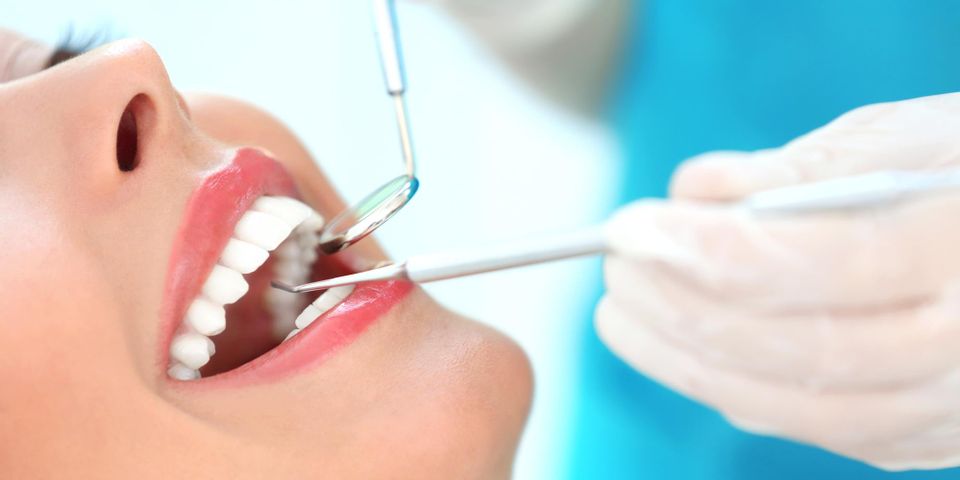
When your Dr. Lunan talks to you about gum disease, gingivitis is most likely what’s being referred to. Gingivitis is a mild, but very common, type of gum disease that affects almost 75% of Americans at some point, according to the American Dental Hygienist Association. Diagnosing and treating gingivitis as soon as possible is important, as it can lead to more severe forms of gum disease like periodontitis, and even eventually cause tooth loss.
What is Gingivitis?
Gingivitis refers to a condition in which the gingiva, the gums surrounding the base of your teeth, become inflamed due to a buildup of sticky plaque. Plaque is a naturally occurring bacteria that forms when you eat. For most people, daily oral care (i.e., brushing and flossing) removes plaque and prevents problems. When plaque isn’t completely removed, though, it can calcify into tartar. Tartar essentially forms a protective barrier for plaque and bacteria, preventing it from being removed and causing gum irritation. Tartar can only be removed via a professional teeth cleaning.
What Are The Signs of Gingivitis?
The most common signs of the gum disease gingivitis are swollen and puffy gums that bleed when you brush. You might also notice that your gums are red rather than a healthy pink and feel tender to the touch. Bad breath is another common sign of gum disease. Finally, your dentist can measure your gums to determine whether they are receding. You may notice increased pain or sensitivity if your gums pull away from your teeth, and left untreated, receding gums can lead to tooth loss.
How is Gingivitis Treated?
 The most common cause of gum disease is poor oral hygiene, so regular brushing and flossing is vital to avoiding gingivitis. Dr. Lunan will recommend specific products to use and instruct you in proper techniques to ensure that you remove as much plaque as possible. Don’t skip your regular dental visits, either. Tartar can only be removed during a teeth cleaning, so missing appointments increases tartar buildup and the risk of gingivitis. Finally, talk with your dentist about other factors that can contribute to gum disease. Stress, chronic diseases, poor nutrition, certain medications, and hormone changes can all increase your risk of gingivitis, and your doctor can help you takes steps to maintain a healthy smile.
The most common cause of gum disease is poor oral hygiene, so regular brushing and flossing is vital to avoiding gingivitis. Dr. Lunan will recommend specific products to use and instruct you in proper techniques to ensure that you remove as much plaque as possible. Don’t skip your regular dental visits, either. Tartar can only be removed during a teeth cleaning, so missing appointments increases tartar buildup and the risk of gingivitis. Finally, talk with your dentist about other factors that can contribute to gum disease. Stress, chronic diseases, poor nutrition, certain medications, and hormone changes can all increase your risk of gingivitis, and your doctor can help you takes steps to maintain a healthy smile.
If you notice signs of gum disease, or simply want to maintain good oral health, Joy K. Lunan, DDS is accepting new patients. Serving families in the Middlebury, CT area for more than 20 years, Dr. Lunan uses the most up-to-date methods and state-of the-art equipment and treatments to ensure bright smiles and healthy mouths. To schedule an appointment, call (203) 598-7920 or visit her website to learn more.
About the Business
Have a question? Ask the experts!
Send your question

